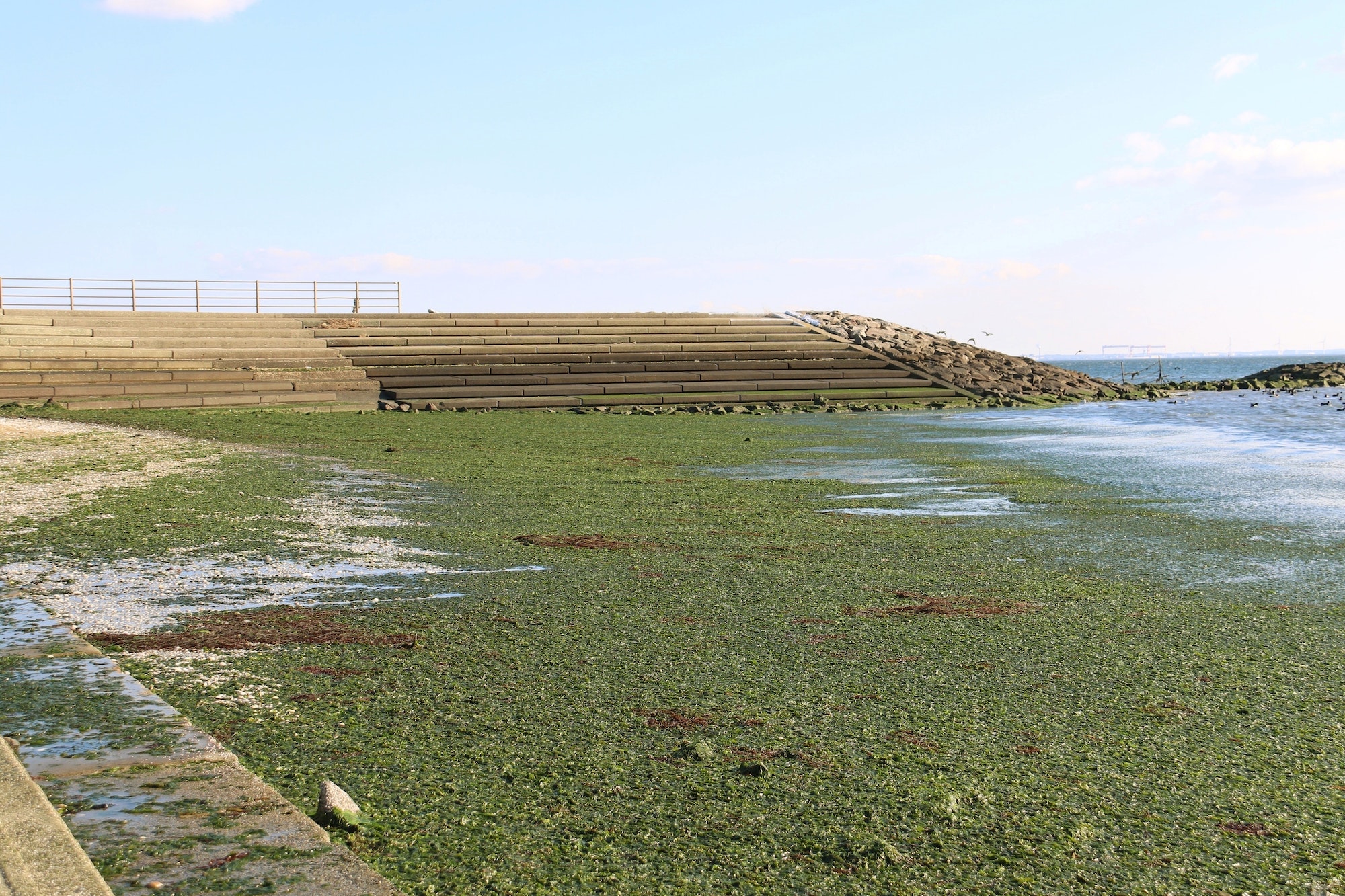As the world continues to face increasing energy demands and environmental concerns, biofuels have emerged as a promising alternative to fossil fuels. Among the various feedstocks for biofuel production, algae have gained significant attention due to their numerous advantages. In this article, we will explore the potential of algae as a sustainable and renewable energy source for biofuel production, focusing on the advantages of using algae and the types of algae commonly used in biofuel production.
Advantages of Using Algae for Biofuel Production
Rapid Growth Rate and High Biomass Yield
One of the most significant advantages of using algae for biofuel production is their rapid growth rate and high biomass yield. Some species of microalgae can double their biomass in just a few hours, allowing for multiple harvests in a short period. This high productivity translates into a greater potential for biofuel production compared to traditional feedstocks like corn or soybeans, which typically require an entire growing season.
Ability to Grow in Various Environments, Including Wastewater
Algae are versatile organisms that can grow in a wide range of environments, including wastewater and saline water. This adaptability enables the cultivation of algae in areas unsuitable for conventional agriculture, avoiding competition with food crops and reducing pressure on freshwater resources. Additionally, algae can help treat wastewater by removing nutrients and heavy metals, providing an eco-friendly solution to water pollution.
Non-Food Crop, Avoiding Competition with Food Resources
The use of food crops like corn and sugarcane for biofuel production has raised concerns about the competition between food and fuel resources. Algae offer a solution to this issue as they are not a staple food source for humans. By utilizing non-food crops like algae for biofuel production, we can ensure that valuable agricultural land and resources are not diverted away from food production.
Types of Algae Used for Biofuel Production
Microalgae
Microalgae are microscopic, single-celled organisms that can produce lipids, carbohydrates, and proteins that can be converted into biofuels. These microorganisms have gained significant interest in recent years due to their high lipid content, which can be as much as 50% of their dry weight. This high lipid content makes microalgae an ideal feedstock for biodiesel production, as the lipids can be easily extracted and converted into biodiesel through a process called transesterification.
Some common types of microalgae used for biofuel production include Chlorella, Nannochloropsis, and Scenedesmus. These species have been extensively studied for their potential to produce high-quality biofuels, with some strains exhibiting lipid productivity rates that far exceed those of traditional feedstocks like soybeans or palm oil.
Macroalgae (Seaweeds)
Macroalgae, commonly known as seaweeds, are another potential source of biofuel production. Unlike microalgae, macroalgae are multicellular organisms that grow in coastal environments and can be easily harvested from the ocean surface. Macroalgae can be utilized for biofuel production by converting their carbohydrate content into bioethanol through fermentation or by extracting lipids for biodiesel production.
Some common types of macroalgae used for biofuel production include brown seaweeds like Laminaria and Sargassum and red seaweeds like Gracilaria and Porphyra. These species have been explored for their potential to produce biofuels due to their high carbohydrate content and fast growth rates.
In conclusion, algae represent a promising feedstock for biofuel production due to their rapid growth rate, high biomass yield, ability to grow in various environments, and non-food crop status. As research continues to advance our understanding of algae cultivation and processing techniques, we can look forward to a future where algae-based biofuels play a significant role in meeting our energy needs while reducing our environmental footprint.


